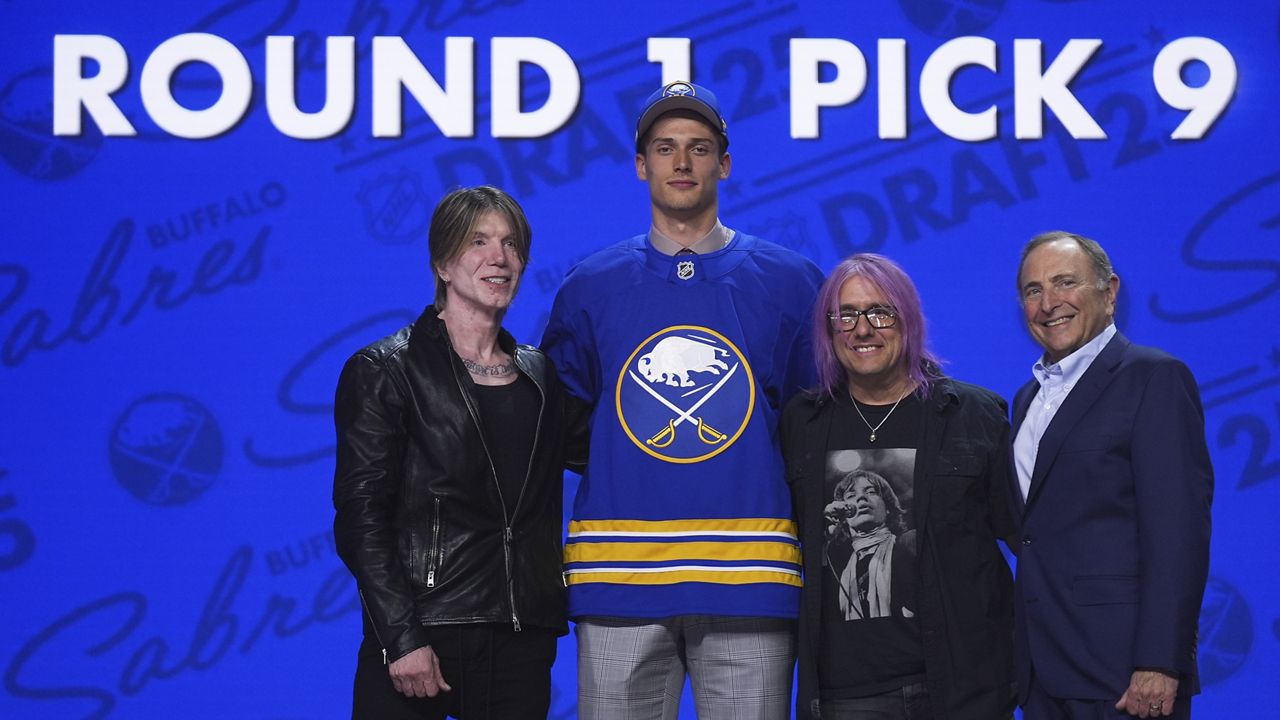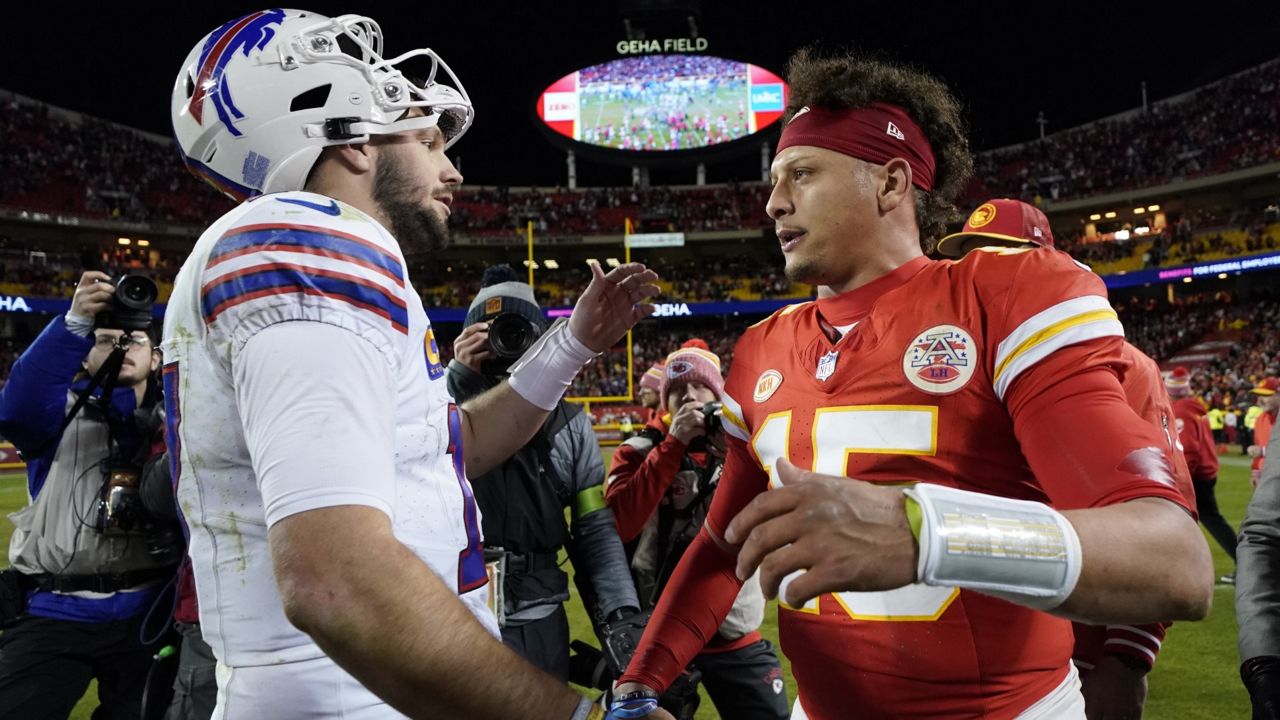Kelly Marie Wofford is a survivor of a suicide attempt who founded Front Seat Life and created the Color of Crazy Series.
"Programs like the Color exist to dispel that myth," said Wofford. "That depression has a look, that suicide has a look, that bipolar has a look. We're just people that have a diagnosis."
According to the American Association for Advanced Science, suicide is the second leading cause of death after homicide among African Americans.
"When you look at the growth of suicide, the growth among African Americans is 233 percent over the last three years," added Wofford. "The growth for our white counterparts is 123 percent or so over that same time period. So the increase is exponential. It's staggering."
Wofford says mental health is often a taboo subject within communities of color.
She says some believe admission is a sign of weakness.
"No one’s infallible," said panelist and social worker, Yvonne Dubois. "Everyone deals with mental illness."
Dubois says religious beliefs can be barriers to African Americans seeking help.
"You have to work your faith and that means, ‘I have to look at myself and wonder what causes the dark places,’" said Wofford.
Finding doctors and counselors of color is another barrier.
"I cannot tell you how many times I get approached by a friend or family member looking to share their experience with a professional of color and they cannot find one or they are booked for weeks or months," said Dubois. "My suggestion is to always to contact clinics directly and ask for professionals of color."
Dubois says being part of these panels creates awareness and chips away at the stigma surrounding mental illness within the African American community.
"When you know your neighbors have dealt with depression, if you know your sister or your mom or your cousin has had postpartum depression, it makes us more likely to have these difficult conversations and check in with each other," Dubois added.
Mental Health Resources:









